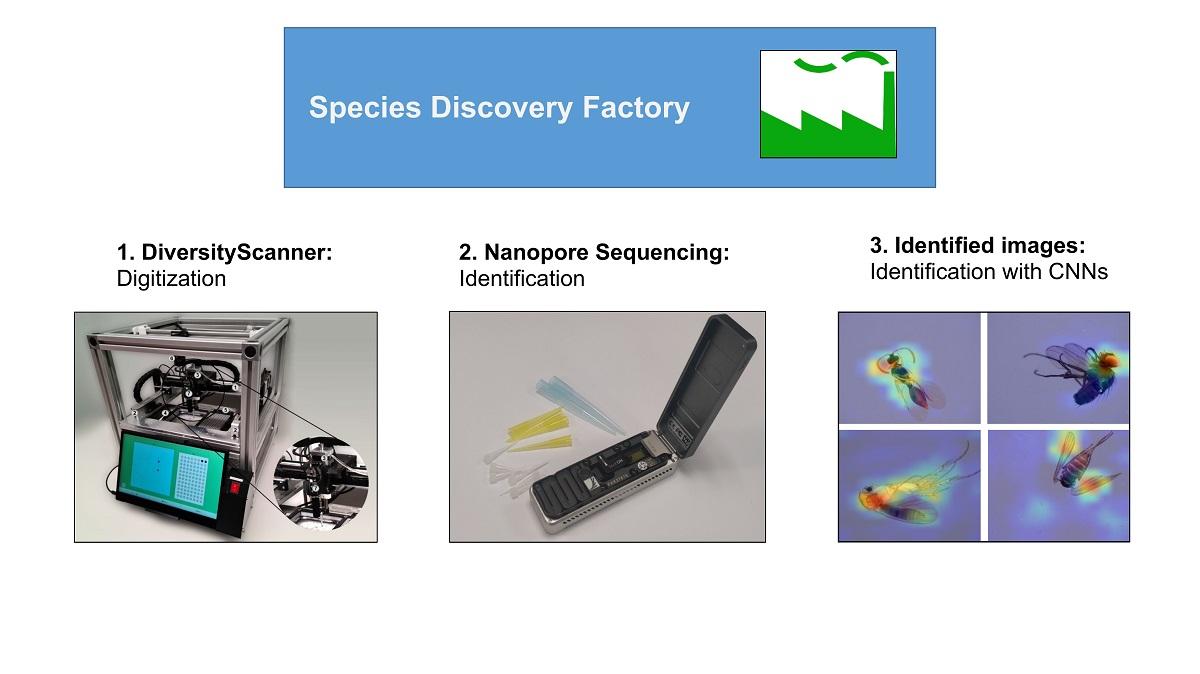Automated Biodiversity Monitoring in an Era of Biodiversity Loss: from Museomics to Genomics and Pattern Recognition
The loss of biodiversity affects the entire planet and human health because biodiversity delivers essential ecosystem including carbon storage. Yet, biodiversity loss cannot be modeled reliably because we lack sufficient data on which species occur where and in which abundances. In fact, most species are still undescribed, and there are few species with reliable present-day and historical information on distribution and abundance. Natural history museums are in an excellent position to provide the missing biodiversity data because the museum´s collections are natural history archives that the resident scientists can use to assess biodiversity at different time points. However, the currently available methods are too time consuming for work on animal groups with large numbers of individuals and species. This means that many important animal groups are neglected (e.g. insects).
AutoBio aims to solve this problem by using 21st century technologies to accelerate the acquisition of biodiversity data from collections and new samples. The goal is to "industrialize" data acquisition through automation, advanced sequencing technologies, and data analysis with artificial intelligence. This will allow for accelerating the speed with which new species are described and specimens are identified for biodiversity monitoring. In order to help with making Berlin a sustainable and green city, AutoBio will collaborate closely with other research clusters of the Museum für Naturkunde (e.g., NaturBerlin, Open Heritage) and work extensively with invertebrate material from Berlin and Brandenburg.
